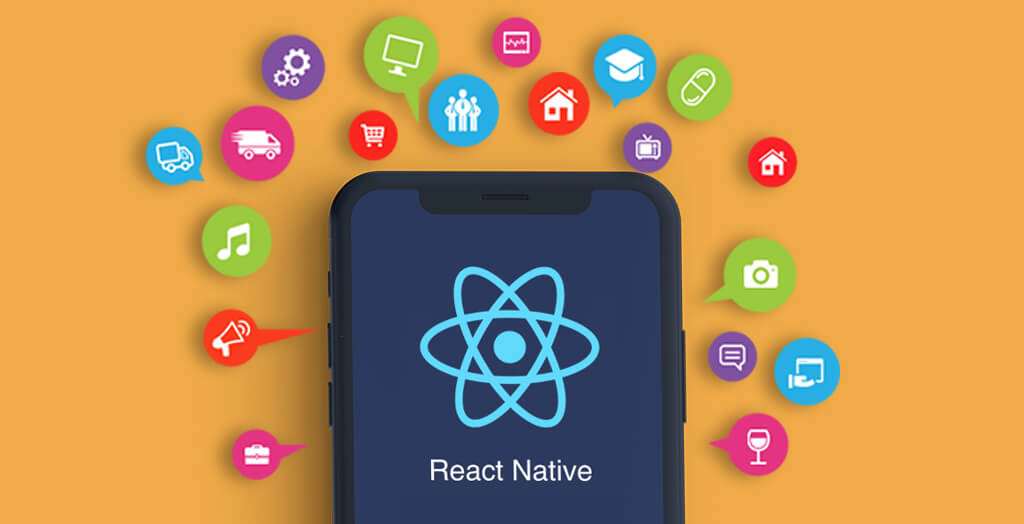In the ever-evolving landscape of event planning, staying ahead of the curve is crucial for success. One area that continues to transform the industry is event registration integration. As technology advances, so do the possibilities for creating seamless, engaging, and efficient event experiences. Let’s explore the future trends in event registration integration that promise to shape the way we plan and attend events.
Top 13 Future Trends in Event Registration Integration
Here are the best trends and opportunities in future, let’s quickly explore them:
1. Virtual and Augmented Reality Experiences
The future of event registration integration is likely to be heavily influenced by virtual and augmented reality (VR/AR). Imagine attendees being able to virtually explore event venues, engage with exhibitors, and even attend sessions from the comfort of their homes. VR and AR have the potential to revolutionize the way we experience events, making them more accessible and immersive.
2. AI-Powered Personalization
Artificial Intelligence (AI) is not just a buzzword; it’s a game-changer in event registration integration. In the future, AI algorithms will analyze attendee preferences and behaviors, allowing for highly personalized event experiences. From suggesting relevant sessions to recommending networking opportunities, AI will enhance attendee engagement and satisfaction.
3. Seamless Integration with Wearable Tech
The integration of wearable technology into event registration systems is on the horizon. Attendees may receive smart QR code event badges or RFID wristbands that not only serve as their event tickets but also collect valuable data on their movements and interactions. This data can be leveraged to improve event logistics, analyze crowd flow, and tailor future events to the preferences of the audience.
4. Voice-Activated Registration
As voice-activated technology becomes increasingly popular in our everyday routines, its integration into event registration systems seems inevitable. Attendees might soon have the capability to register for events, check-in, and retrieve information effortlessly through the power of voice commands. This not only introduces an additional layer of convenience but also resonates with a technologically inclined audience that welcomes and embraces voice-activated interactions.
5. Enhanced Data Analytics for Strategic Decision-Making
The future of event registration integration lies in the ability to derive meaningful insights from the vast amount of data generated during events. Advanced analytics tools will provide event organizers with a deeper understanding of attendee behavior, preferences, and engagement levels. This data-driven approach will inform strategic decisions, leading to more successful and tailored events.
6 Multi-Platform Integration for a Unified Experience
Event attendees engage with content across various platforms, from social media to mobile event apps. Future integration solutions will focus on creating a unified experience across these platforms. Whether attendees are interacting on a mobile app, a website, or a social media platform, the event registration system will seamlessly integrate with these channels, providing a cohesive and engaging experience.
7. Green and Sustainable Event Registration
With increasing global awareness of environmental issues, the future of event registration integration will likely include features that promote sustainability. This may involve options for digital-only tickets, reduced paper waste, and eco-friendly event practices. Event organizers will embrace registration solutions that align with green initiatives, appealing to environmentally conscious attendees.
8. Biometric Authentication for Streamlined Processes
In the world of streamlined processes, the integration of biometric authentication, encompassing fingerprint or facial recognition, stands on the brink of revolutionizing the event registration landscape. Attendees now possess the ability to effortlessly register and access events through a straightforward scan, obviating the necessity for tangible tickets or QR codes. This not only fortifies security measures but also paves the way for a seamlessly efficient check-in experience.
9. Interactive Gamification in Event Registration
Gamification elements will become more prevalent in event registration processes. Attendees may earn points or rewards for completing registration, engaging with event content, or participating in networking activities. Gamified registration adds an element of fun and competition, encouraging higher engagement levels and making the registration process more enjoyable.
10. Integration with Smart Home Devices
In the future, event registration may extend beyond traditional devices to seamlessly integrate with smart home technology. Attendees could receive event updates, and reminders, and even register for events using voice commands through smart speakers or smart displays. This level of integration enhances accessibility and aligns with the growing trend of interconnected smart devices.
11. Dynamic Pricing Models
Event registration integration is likely to adopt dynamic pricing models based on various factors such as demand, time of registration, or attendee engagement. This personalized pricing approach can incentivize early registration, reward attendee loyalty, and optimize revenue streams for event organizers.
12. Augmented Networking Experiences
Future event registration systems may incorporate augmented reality (AR) to enhance networking experiences. Attendees could use AR applications to identify and connect with other participants based on shared interests or professional goals, fostering meaningful connections and maximizing the networking potential of events.
13. Blockchain-based Ticketing and NFTs
Blockchain technology will not only enhance security but also revolutionize ticketing through the use of non-fungible tokens (NFTs). Event organizers can create unique and verifiable digital tickets on the blockchain, reducing the risk of fraud and providing attendees with collectable, digital assets tied to their event participation.
Conclusion
By the end of this article, we know that as we look ahead, it’s clear that the future of event registration integration is marked by innovation and technology. Virtual and augmented reality, blockchain security, AI-powered personalization, and other trends mentioned are set to transform the way we plan, execute, and experience events. Event organizers who embrace these trends will not only stay relevant but also create unforgettable experiences that set their events apart in a competitive landscape. Hence, the future of event registration integration is exciting and filled with possibilities. By staying informed about these trends and embracing technological advancements, event organizers can ensure that they are at the forefront of delivering exceptional experiences for attendees.
Also, if you’re looking for such event partner who helps you with event registration and integration solutions then you can consider Dreamcast. Book your free demo!









